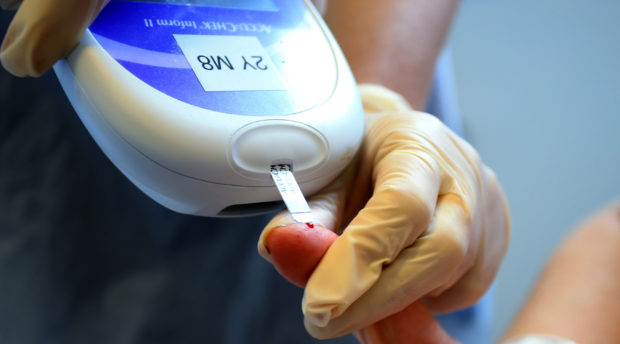NHS Tayside has apologised to the family of a man with learning disabilities who died aged 38 after failings in his diabetes care.
The man, referred to as Mr A in an investigation into the health board, had type one diabetes and had been a patient with Tayside’s diabetes service since he was a teenager.
He had been suffering from recurrent, severe hypoglycaemic episodes and his learning disability made it difficult for him to understand or manage his condition.
Mr A’s sister raised a complaint with the Scottish Public Services Ombudsman (SPSO) after his death.
The inquiry found that the health board should have focused on the management of his hypoglycaemia, carried out a full assessment of his awareness of the condition and listened to his family’s concerns.
The SPSP, who took advice from a consultant diabetologist, stated: “We found that consideration should have been given to investigating whether there were any other possible underlying additional contributing conditions for Mr A’s recurrent hypoglycaemic episodes.
“While there had been attempts by the board to change Mr A’s insulin regime in the years prior to his death, which were unsuccessful, there was no evidence that consideration was given to trying other treatment or of a referral to other centres with more expertise in severe hypoglycaemia.
“We considered the lack of action by the board in their management of Mr A’s diabetes represented a serious failure in his care and treatment and we upheld the complaint.”
The SPSO asked NHS Tayside to apologise to the former patient’s family and to ensure they apply a clear, standardised policy for the assessment and management of all patients with recurrent hypoglycaemia in future.
In addition, the health authority was asked to hold clinical case conferences to better understand challenging hypoglycaemia cases.
Dr Christopher Schofield, clinical lead for diabetes with NHS Tayside, said: “We have met with the family to apologise and our thoughts remain with them.
“We accept all the recommendations made in the report and an action plan is being developed to meet all the recommendations within the agreed timescales.
“A diabetes and learning disability improvement plan has also been developed with actions already being taken forwards to improve the diabetes service for patients with additional needs.”










